Regulating social media in Sri Lanka: An Analysis of the Legal and
Non-Legal Regulatory Frameworks in the Context of Hate Speech and Disinformation
Regulation of social media in Sri Lanka encompasses both a formal and alternative non-legal framework. The study explores the existing legal and non-legal frameworks to regulate the spread of disinformation and hate speech on social media. Thereby, it presents potential implications of the spread of disinformation and hate speech on social media in the specific context of ethno-religious violence in Sri Lanka.
Under the legal regulatory framework, the study outlines the domestic laws and regulations that cover hate speech and disinformation on social media. However, the study finds that the enforcement and implementation of these laws and regulations in physical and virtual spaces pose a risk of abuse, due to the ‘over-inclusive’ application by law enforcement. This over-inclusive application is due in part to the ambiguous terminology in the legal framework which can then lead to the state interpreting the law broadly to cover expressions that may not constitute hate speech. The study then discusses the alternative non-legal framework as a complementary mechanism to the formal regulatory framework.
While the study itself does not make recommendations for regulation, the study provides observations of eight key options that may be considered by stakeholders. Such stakeholders include the government, technology/service-providing companies, and civil society, who may explore these options to potentially mitigate the spread of disinformation and hate speech on social media.
- Research Reports
